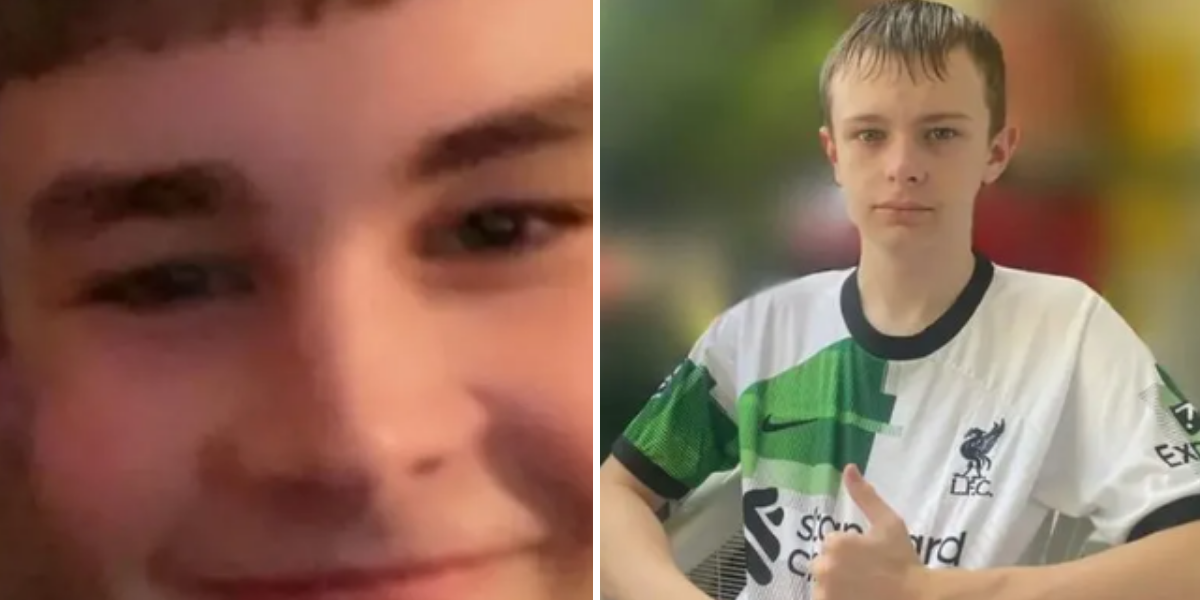When you think of the English tradition of Morris dancing, you might not picture a group of young, gender non-conforming, drag kings who dress like “chimney sweeps” – but that will be because you’ve not seen Molly No-Mates.
The Bristol team – or side – represents the changing face of Morris, a tradition in which men no longer make up the majority of participants, external for the first time in UK history.
For co-founder Scarlett Hutchin, it was a counter protest outside a drag queen story time in Bristol that sparked the idea of a queer-friendly Morris side.
The events see a drag queen reading a book to children with the goal of promoting reading and diversity, but some have seen backlash from the public.
“I was texting with my friend from my Morris team and I was just like, ‘what would really improve the situation? Morris dancing’,” says Scarlett.
“One of the traditions of Molly [a type of Morris], is to dance to just singing and that’s what we do. And we can have these dances that we can take to the protests that don’t require instruments and don’t require things that are offensive weapons.
“It gives us scope to make our values and our point of view very visible, because when you have songs, you have words.
“Pretty much all of our songs are in some way feminist or queer or leftist.”
Morris dancing is a form of traditional English folk dance that takes a variety of styles depending on where the group has come from.








